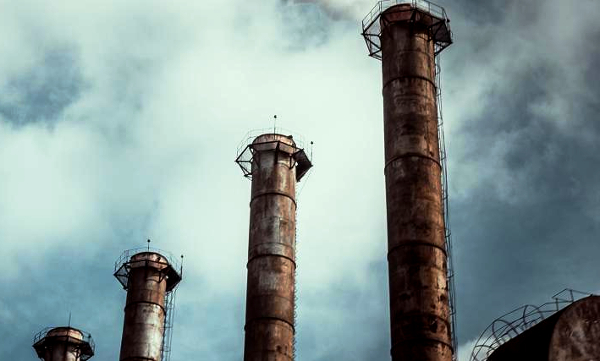NEW DELHI: India is likely to have new national ambient air quality standards (NAAQS) in 2022, factoring in more pollutants, including ultra-fine particulate matter of less than PM2.5. The existing national standard was formulated 12 years ago.
The Central Pollution Control Board (CPCB) has already awarded the work of updating NAAQS to the IIT Kanpur-led team of experts, including scientists from IIT Delhi, National Physical Laboratory (NPL), NEERI and AIIMS. The team will recommend the revised standards by fine-tuning and broadening the pollutants’ base.
“A Memorandum of Understanding (MoU) will soon be signed between CPCB and IIT-Kanpur. The team will be given 12 months to finalise its report,” said an official in the environment ministry.
India’s first NAAQS was adopted in 1982 and subsequently revised in 1994 and 2009, factoring in eight pollutants— particulate matters (PM2.5 and PM10), sulphur dioxide, nitrogen dioxide, carbon monoxide, benzene, ammonia and ozone.
The expert group will examine the criteria adopted by different countries and WHO’s guidelines before arriving at its final suggestions. The scientists will also factor in India’s geographical position and meteorological conditions while recommending updates for the NAAQS.
“The group will submit its recommendations to CPCB which, in turn, will give its final go-ahead to it after considering views of stakeholders through public consultations,” said the official.
Besides expanding the scope of measurements for different pollutants by redefining areas, time period for long and short-term values and frequency of measurements, the group will also analyse effects of air pollutants on human health and vegetation.
The ‘scope of work’ for the group, accessed by TOI, shows that the team will conduct primary health surveys at multiple locations, where high concentrations of various pollutants are reported, for establishing the “health effects of various pollutants”. The locations for this survey will be decided in consultation with CPCB.
Suggestions on guidelines for designing of monitoring network, setting up of monitoring locations, data validation protocol, review of ‘air quality index’ (AQI) and use of various technologies for monitoring are also part of the ‘scope of work’ for the expert group.
Source: ToI
You may also like
-
Navigating India’s Skill Landscape
-
Trade Connect E-platform For Exports Is Single Window, Fast, Accessible And Transformational: Shri Piyush Goyal
-
India-us Working Together In Areas Like Critical Minerals, Supply Chains And Advanced Technologies: Shri Piyush Goyal
-
Cabinet Approves Health Coverage to All Senior Citizens of the Age 70 Years and Above Irrespective of Income
-
Cabinet Approves PM Electric Drive Revolution in Innovative Vehicle Enhancement (PM E-DRIVE) Scheme With An Outlay of ₹.10,900 Crore
